2020: A Report from the Frontlines
Photo by Eileen Cho
In March I spent a week interviewing people in the restaurant industry on the effects of that very first lockdown across Canada. As 2020 exits I want to take a look at the rest of the planet to see how folks are coping. This isn’t a year for best new restaurant lists, where only a select top ten are singled out for praise – this is a year where the value of the restaurant community as a whole deserves recognition because we are in danger of losing such a substantial portion of it. If you work in food, chances are you that love it. This is a career path that doesn’t attract half-assed loyalties. When we go in, we go all in. Consider this a look at 2020 from folks on the ground in restaurants around the world. From a chef discovering therapy in Brazil to a food writer re-evaluating diversity in Calgary, here are your colleagues.
Pim Techamuanvivit, San Francisco, California
Chef/Owner Nari, Kin Khao – San Francisco, Nahm – Bangkok
“Right now I’m more worried about having to let my staff go and not being able to carry their health insurance anymore. The Thai public health system is way better than the US. If they get sick [in Bangkok] they can see a doctor. If I let my [San Francisco] staff go, what happens to them?
If I let my dishwasher go, he’ll make less than half of what he would make as a dishwasher. And I don’t see any urgency on the part of anyone in Washington to help.
From a business perspective, the best thing for me to do right now is to close. But if I do that, what am I doing for the people who work for me who have kids, who depend on me? Every day I’m just trying to hold it together with duct tape. I’m worried about the industry in general, what’s going to happen to dining culture? And what happens meanwhile? What is the human cost?”
Adeyoju “Sam” Adedipe, Harlem, New York Cook
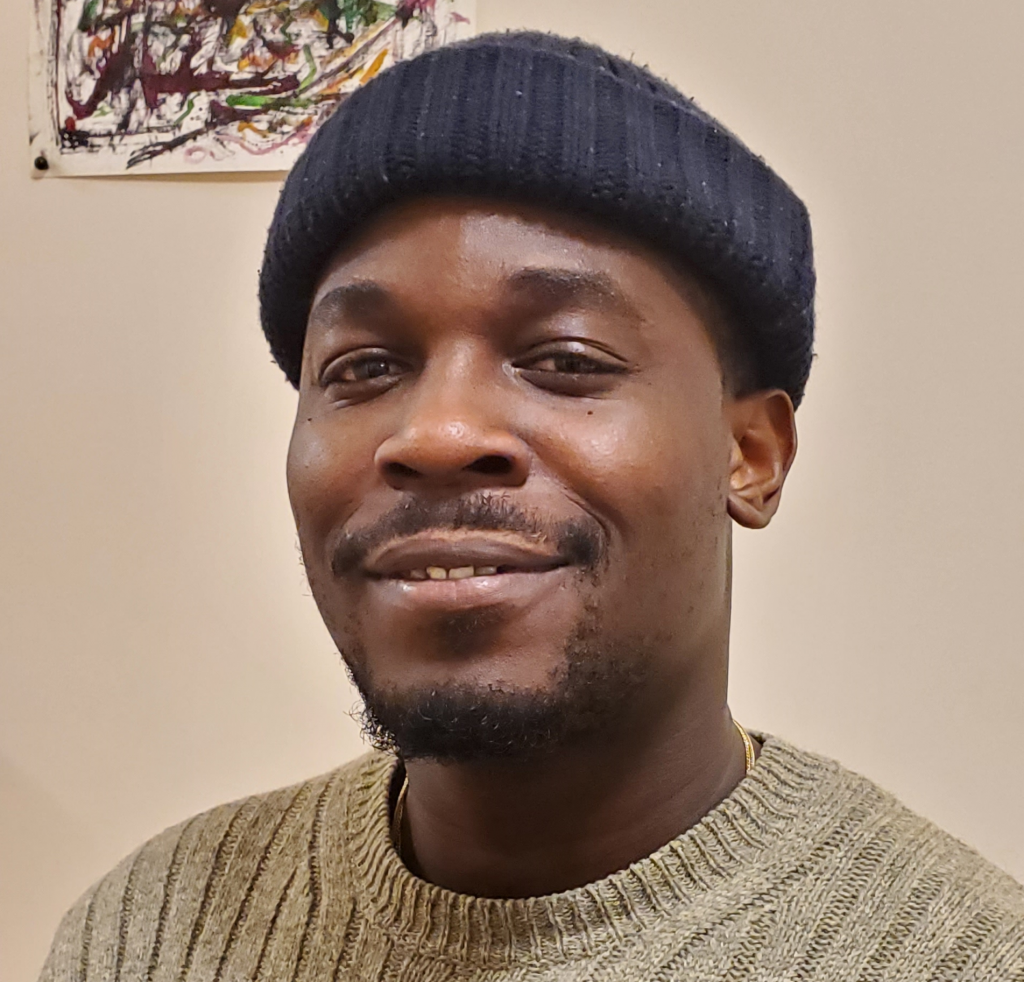
“I’m from Nigeria, I’ve been in New York for 15 years. Currently in Harlem. Pretty much the whole eight months straight I’ve been unemployed. In the beginning, it was mostly because there were no jobs. Half the time when a job came up it was gone the same day. I’m working now, some days it’s busy and the next day I have two orders.
Unemployment is state-by-state and luckily New York city has a pretty good package. The worst part was that every New Yorker that was unemployed, three million-plus, applied at the same time.
I’m still fairly new in this business, with seven years of experience, but this has made me value it more. 2020 has given me time to understand where I am with my craft and where I can go. If this didn’t happen I’d just be in a kitchen sending out plates and not realizing what I could do.”
May Chow, Hong Kong, China
Chef/Owner Little Bao (Hong Kong), Happy Paradise
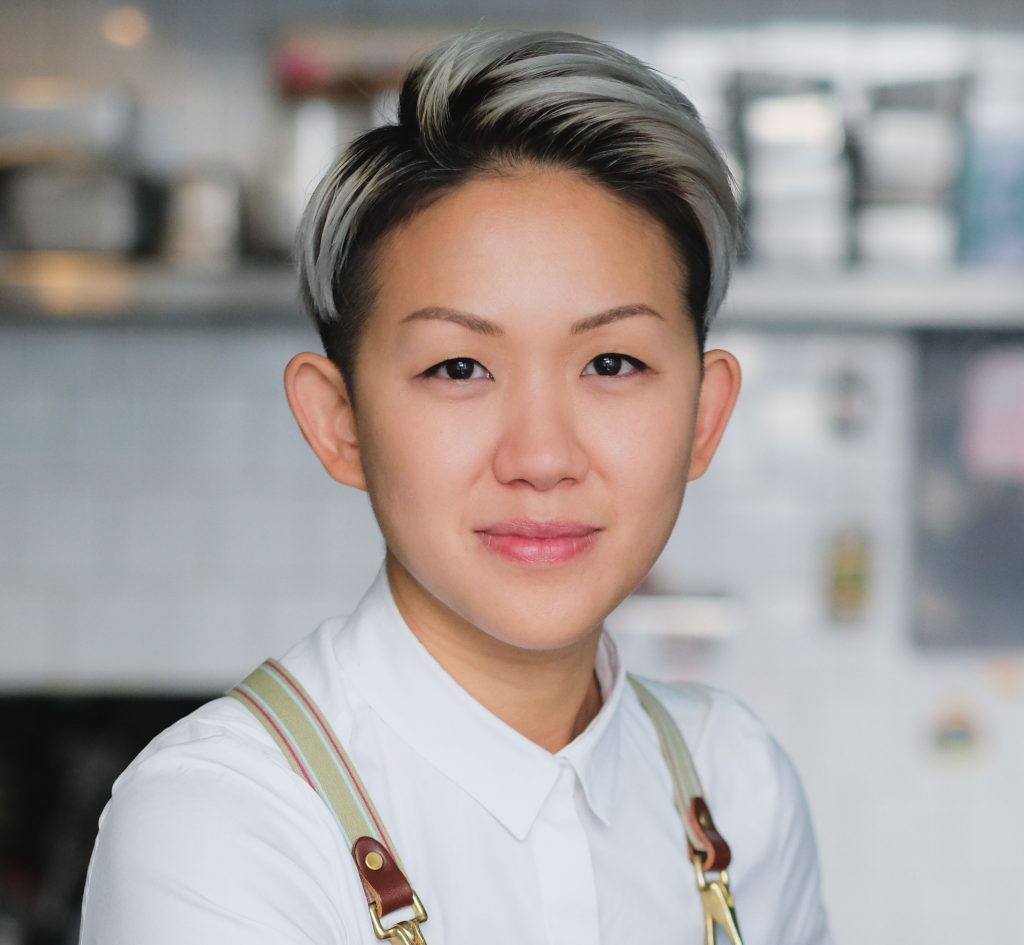
“After the first few months of Covid, we realized that independent owners were really struggling to negotiate with landlords. People couldn’t pay their rent on time. A couple of restaurateurs got together and rounded up about 600 smaller restaurants that were not well-represented and not being heard. By setting up Save Hong Kong F&B we were able to start voicing our needs and concerns. We’ve had a chance to talk directly to our representatives in government about solutions to help the industry survive as a whole, not just as individuals.
We’re in our fourth wave. Our whole of December has been affected. We have to close by 6 p.m. every day, so no dinner service. The great thing about Hong Kong is that dining our culture has always been a huge part of the city and takeaway has become very strong.”
Dan Clapson, Calgary, Alberta
Journalist, Globe and Mail, VICE, Eat North
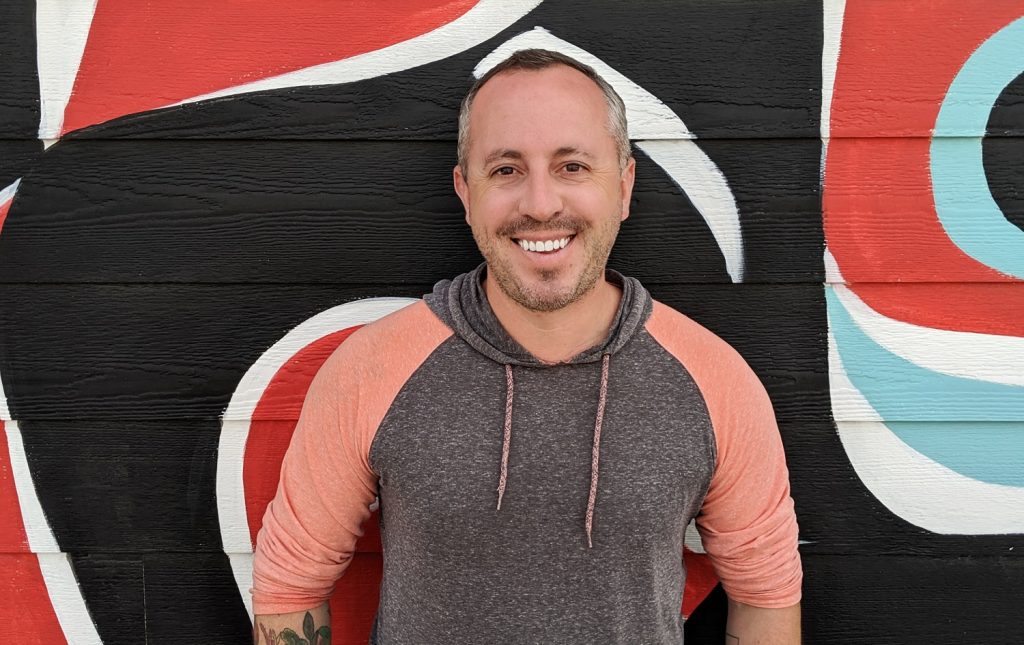
“I am a member of a Facebook group for Canadian food writers which is comprised primarily of white, cis-gendered, middle-aged people. Okanagan Chef Aman Dosanj raised a question about diversity in the group and asked what writers were doing to better showcase it. The lack of engagement on the question compared to a flurry of comments over cake pans on a different post was shocking and disappointing.
While I had always prided myself on celebrating female industry professionals and helping promote inclusivity, through Eat North’s LGBTQ2+ community-minded events, the human rights movements that took place made me realize that everything I was doing was still very, well, white. I think about diversity every single day now. I find myself continually asking how I can showcase a diverse range of individuals through my writing, TV interviews and livestreams.”
Dyan Solomon, Montreal, Quebec
Chef/Owner, Olive + Gourmando, Foxy and Caffe Un Po’ Di Più
“Winter is lean. So when Covid came about in March we were all coming out of our leanest season, and we missed the opportunity to stuff some money in the mattress to make it through this winter. Not only are we being struck with the pandemic there’s also a huge shift to focus on what is wrong with our industry – worker’s rights, abuse, people being underpaid. Our industry is in a lot of trouble, it already was, and this has made the movement strong.
2020 has confirmed what I already knew about myself and other people in this business, we’re a resilient bunch, and very creative. I have an incredible team of people who believe in this industry and want to fight for their jobs. It’s heartening to see that there are still people who are very passionate about working in restaurants, even through all this.”
Alberto Landgraf, Rio de Janeiro, Brazil
Chef/Owner, Oteque
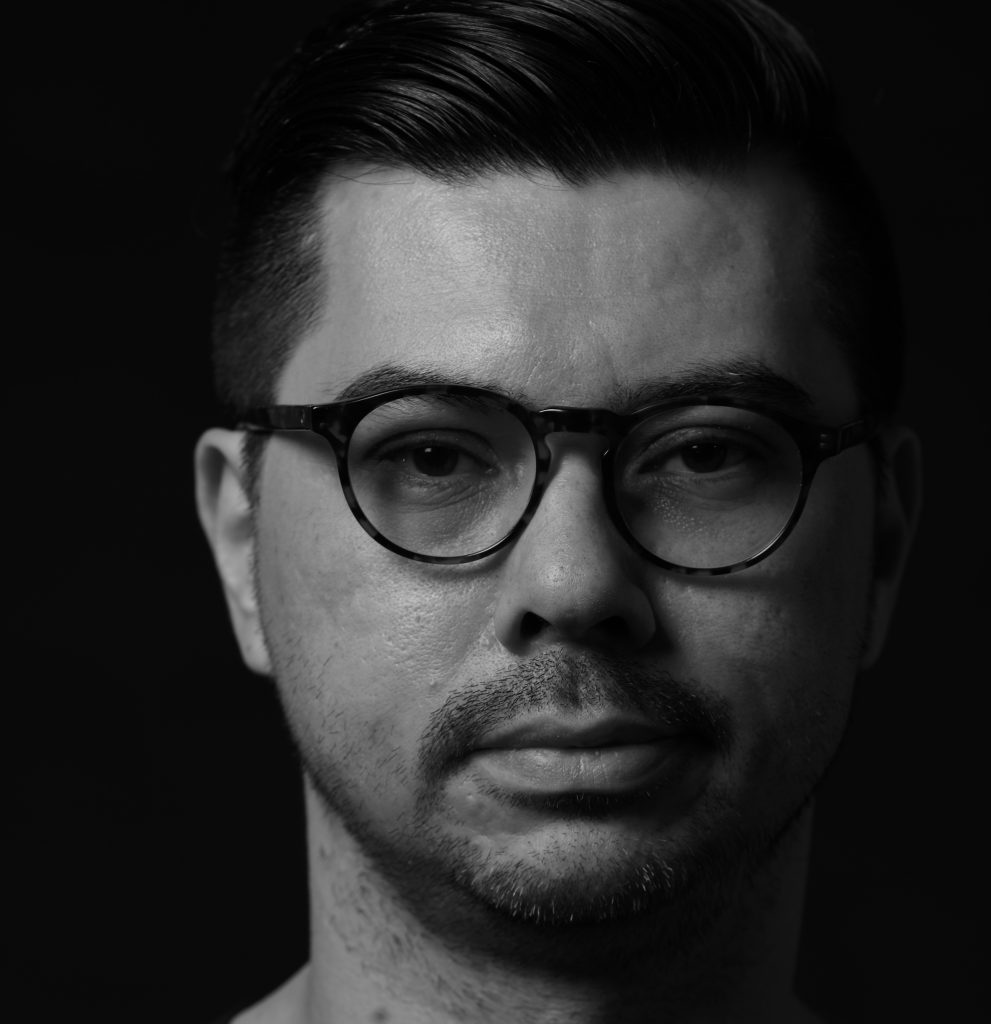
(photographer credit Mileny Melo)
“All that has happened in 2020; I got divorced and I lost my father. For the first time I actually had to go into therapy to hold myself together. Staying at home staring at the ceiling – an empty head is not a good thing for someone who is used to being very active. I’ve learned to give more value to what I have rather than worry if I’ll get three Michelin stars or not. That’s not top of my priority list anymore. Covid has made me change my perspective.
I talk to my staff about therapy. I’m very open to them about it. I say, ‘Guys, you have health insurance that covers that, it’s been paid already, if you’re interested just go’. I think we’re going to have a better generation of chefs and cooks. We already have a better kitchen culture than we did when I started twenty years ago.”
Alicia Rae Blegen, Brooklyn, New York
GM Lilia
“I anticipate tomorrow’s NYE service being a bit more subdued than years past – equal parts ‘Woohoo! We survived 2020!’ and ‘Let’s get this year behind us already: NEXT!’ But all that being said, the entire team is grateful to be open, to be serving our guests and neighbors, and to once again be hopeful for in-real-life scenarios that won’t need to involve the phrase 6 feet apart. Though we will miss the typical high-energy services with full and bustling dining rooms (simpler times!), the smaller guest count allows us to safely and attentively serve while we look forward to brighter days ahead.”
Carmelina Imola, Toronto, Ontario
Co-owner, FOH Manager Bernhardt’s and Dreyfus
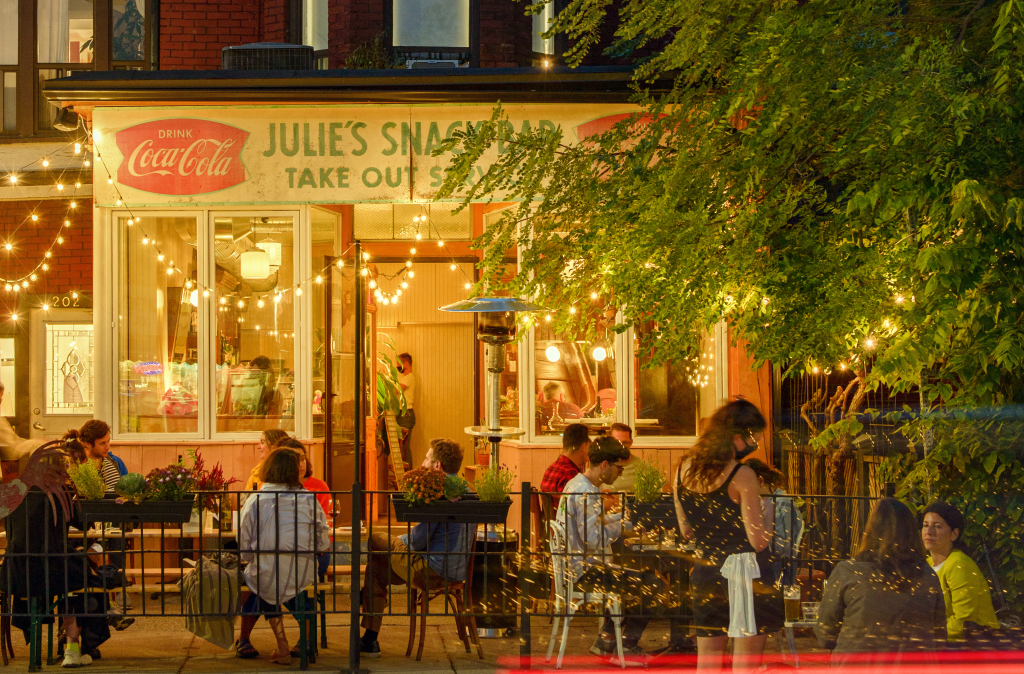
(photographer credit Daniel Neuhaus)
“We opened at the end of August. I don’t think that I was scared – it wasn’t fear that I felt, I was hopeful. Things are obviously a little crazy but whenever there’s chaos and disruption it always means growth. I feel like the next generation are really stepping up to change things that have been the norm for too long. These things that we’re considering now, our previous employers would not have considered. We’re happy to take this opportunity to shake things up a bit and redefine the model, to think about healthier ways to be restaurant owners and build something that’s sustainable over time.”
Maria José San Román, Alicante, Spain
Chef/Owner, Monastrell
“I’ve been in the restaurant business for 45 years. My first business was a small hamburger place I opened in 1975. I got into the kitchen 23 years ago and got my Michelin star ten years ago. We have six restaurants with 150 employees. We had three months of lockdown until June; everybody was paid by the government. Healthcare is covered here, everybody gets it, even if you are not Spanish. They will never let anyone go without care.
When things are going well you never have a month, or six months, to think. I’m 65 now, I want to do what I want to do. We have one life, it is not forever.
My Michelin-starred place is going to become a garden in the city. I have a big building and I’m going to move to the roof and make a vegetable garden. I want to focus on the environment and sustainability. I want to be 100% sustainable. If it doesn’t bring me a second star then it means that Michelin isn’t doing their work. It isn’t going to be fancy, but it’s going to be real, more real than ever.”
Cliffe Arand, Ulaanbaatar, Mongolia
Chef/Owner, Rosewood Hospitality Group
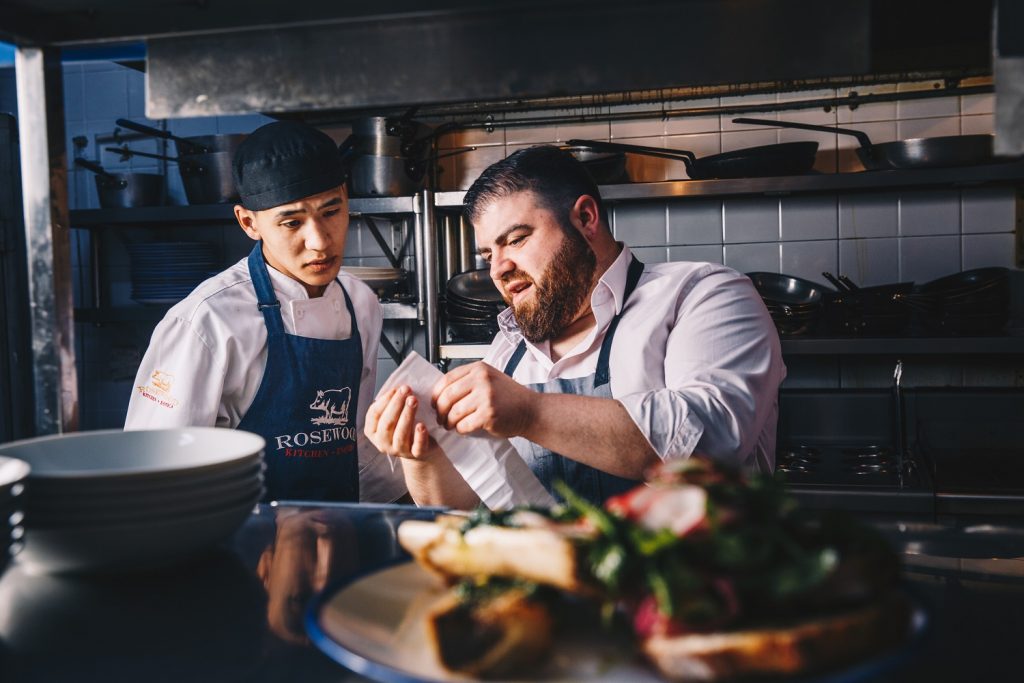
(photographer credit Breanna Wilson and Nomin Munk)
“I’m from Boston. My wife, Enkhzaya Bat-Orgil, is Mongolian and we met in the States. We came here for a two-week consulting job to open a restaurant, and now, nine years later we have six businesses and two kids. Two restaurants, a butcher shop, a fine grocery, wholesale bakery, smoothie company, and catering business.
We’ve been in a weird bubble for the last year. In January the Mongolian government shut the borders, so we didn’t get our first case until a month ago and we’re just about to come out of a month-long lockdown. The nice thing about Mongolia is the community was very quick to adopt handwashing and wearing PPE, and everyone was on board.
We’re in a unique situation because of the diversification of our business – that was driven by the fact that Mongolia is a challenging place to be in the food business. We border Russia and China, so it was a no-brainer to open a grocery store and butcher shop just to supply ourselves. We’re one of the only places to get western dry-aged beef, the first large scale sourdough baking company in the country, we’re nixtamalizating corn and making tortillas, we’re importing mezcal for the first time in this country. Because of all that we can keep our staff employed.”
Melinda Joe, Tokyo, Japan
Journalist, Japan Times, Conde Nast Traveler
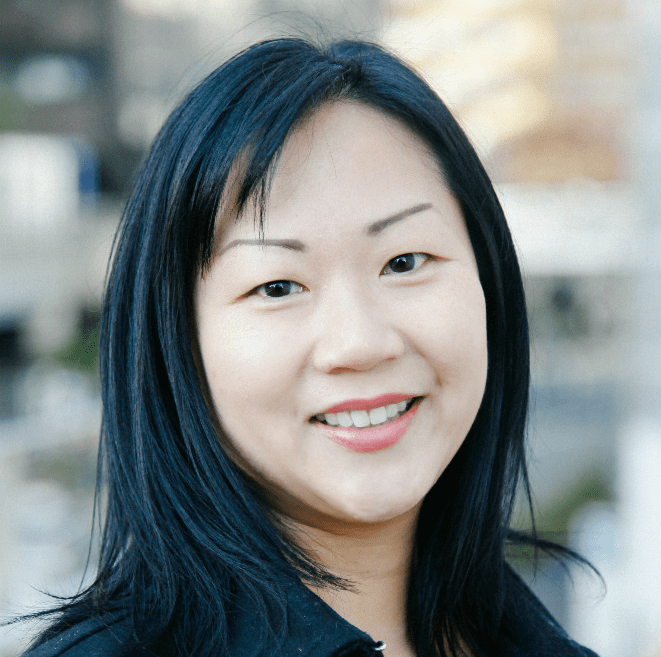
(photography credit Luuvu Hoang)
“Here in Japan, we didn’t experience the same kind of hard lockdown that you have in North America and other parts of the world. We did have a period of restrictions starting in April. Many businesses were asked to shut or reduce their hours but the government does not have the power to actually force businesses to comply with those requests. For businesses that did comply assistance was available. Anyone who can show that they have suffered as a result of the pandemic, in terms of a loss of 50% or more of their earnings for this year, were eligible to apply for a subsidy of one million yen, which is a little over $9000.00. This is in addition to the 100,000 yen, almost a thousand dollars, that every resident in Japan received for one month – a one time kind of stimulus cheque, much like what you saw in the US.
The Tokyo food community has been supportive of restaurants. Many restaurants are offering delivery and take out, which was really uncommon prior to this, especially for independent restaurants. Considering that we were expecting to have the Olympics this year a lot of investment was made for new openings, renovations, and expansions, so this is a very heavy burden on the restaurants of Tokyo.”
Eric Rivera, Seattle, Washington
Chef/Owner, Addo
“With shutdowns happening left and right I built a model that allows us to change quickly. It’s very adaptive. Basically what I do is take requests, like a concierge service – it’s just really about listening to the guests from the outside rather than imposing what we do in the restaurant on the guests.
Multiple courses or a la carte – app, main, dessert – none of that exists now. Tweezers, garnishes – cuisines based on that don’t work. Scoop and go are better off and not something that costs a lot of money. I’m not trying to serve everybody, that’s a Cheesecake Factory model, trying to make everybody happy. There has to be something more.
I don’t see these problems going away for two or three years. We have so many irresponsible people debating whether they’ll wear masks or take the vaccine – this whole thing’s been politicized and it’s really silly. We’re in a lot worse position now than we could be.”
Dalad Kambhu, Berlin, Germany
Chef/Owner, Kindee
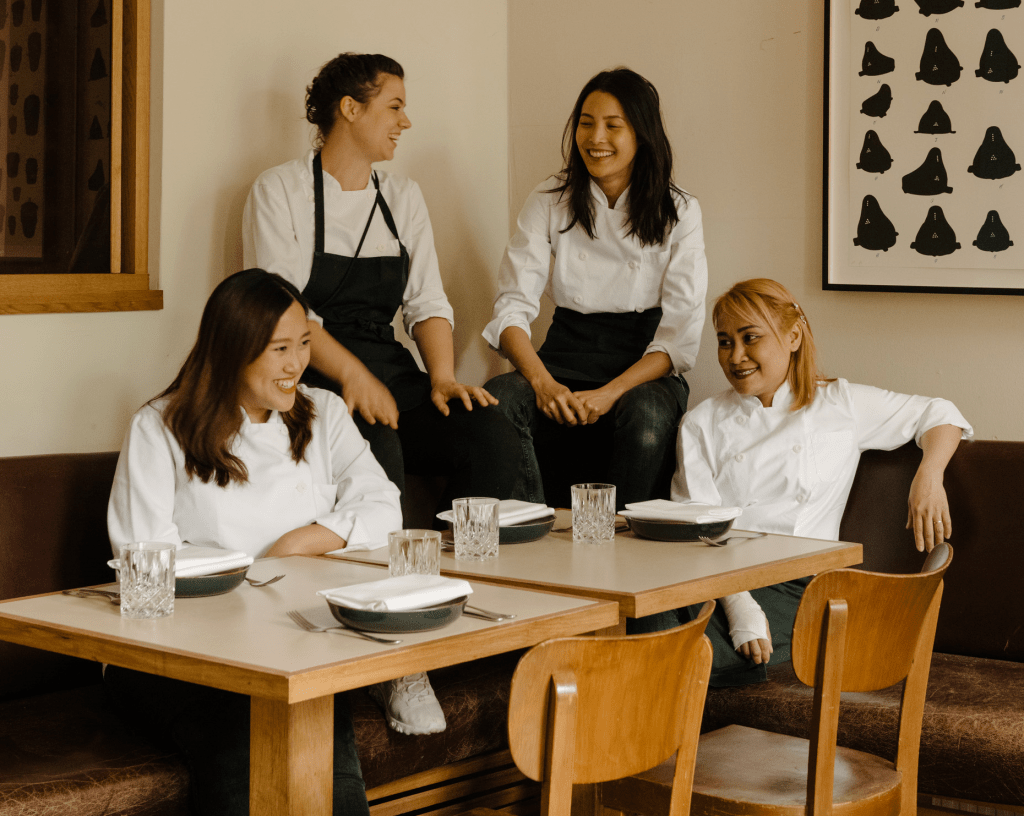
(photographer credit Robert Rieger)
“This second lockdown we received help (from the government) as 75% of the revenue of January last year. This is very good, although we had not been paid fully. We only received part of it and the rest will come in January.
During the crisis, many restaurants changed to take out business, farmer market shops, sandwich shops. The Berlin community supports each other very well. I received support from Kristian Bauman from 108 in Copenhagen. He personally helped bring traffic to us, and MAD from Copenhagen also helped spread the word when we re-opened.
What I’ve learned from 2020 is that life isn’t predictable and your strongest asset is love. Love from your friends, love from your partner, chosen family or the love from the community you live in.”
Isabel Sanchez, Toronto, Ontario
Chef/Co-owner, Playing With Food
“In a post-Covid future, with all the right health measures in place and with lesser sanctions, I believe we will be doing pop ups and non-traditional food business models moving forward.
In Venezuela, when the situation started to become unbearable, people started making food at home and selling it. I’ve been seeing this more and more here in Toronto. So maybe that’s the way of the food future. Maybe this pandemic is bringing us back to a more sustainable economy of community, sharing, trading and more room for all to succeed.”
Eileen W. Cho, Paris, France
Photographer/Journalist, NPR, USA Today, Food & Wine
“The pandemic has unveiled and solidified how fragile and toxic the food industry (including the media) truly is, so I’ve seen myself pulling away and questioning the space I choose to take up. I hope to help hold space for other cultures and writers from these cultures and to amplify as much as I can. I am lucky that I have culinary training because I can do recipe developing from home for publications and food clients. I truly love food so I don’t want to leave food media, but the question then is: how do we fix the industry and move forward together?”
Justin Leon, Toronto, Ontario
Co-owner,Lambo’s Deli
“Basically, I signed the lease on my space a week before the first lockdown happened. So that was pretty nerve-wracking. I was like, uh-oh, what the heck are we gonna do? But, luckily, my landlord was quite supportive, and she allowed me to, like, push back the lease start date ‘til June, and then I just pulled the trigger. I went in here and built it out, and we opened in October.
Pretty much up until the day we opened our doors, I had no idea what to expect, and I was very, very, very terrified. And then we opened, and we were met with a lot of success pretty much off the bat, which I was not expecting at all, especially with the climate, and being a first-time restaurateur. So, I feel truly blessed how it happened to us. I know a lot of amazing places across the city, places that I love, are not doing very well. So, it’s kind of a strange feeling for me, you know – it’s weird to have success while all this is happening.”



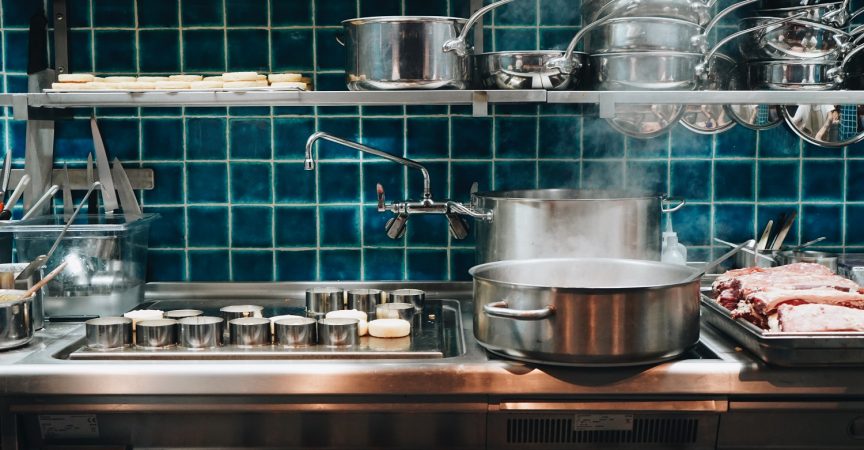

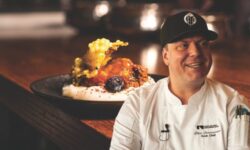

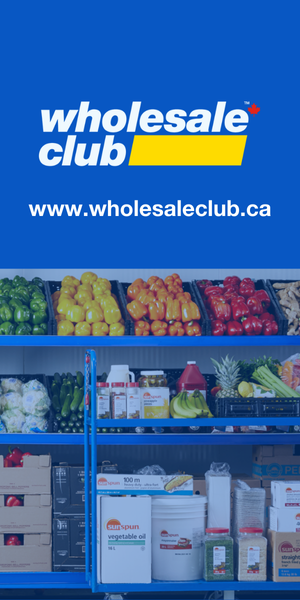


Great article. Very interesting to see how people cope. It is heart warming to read how much people care about others. Keep up the good work Ivy.